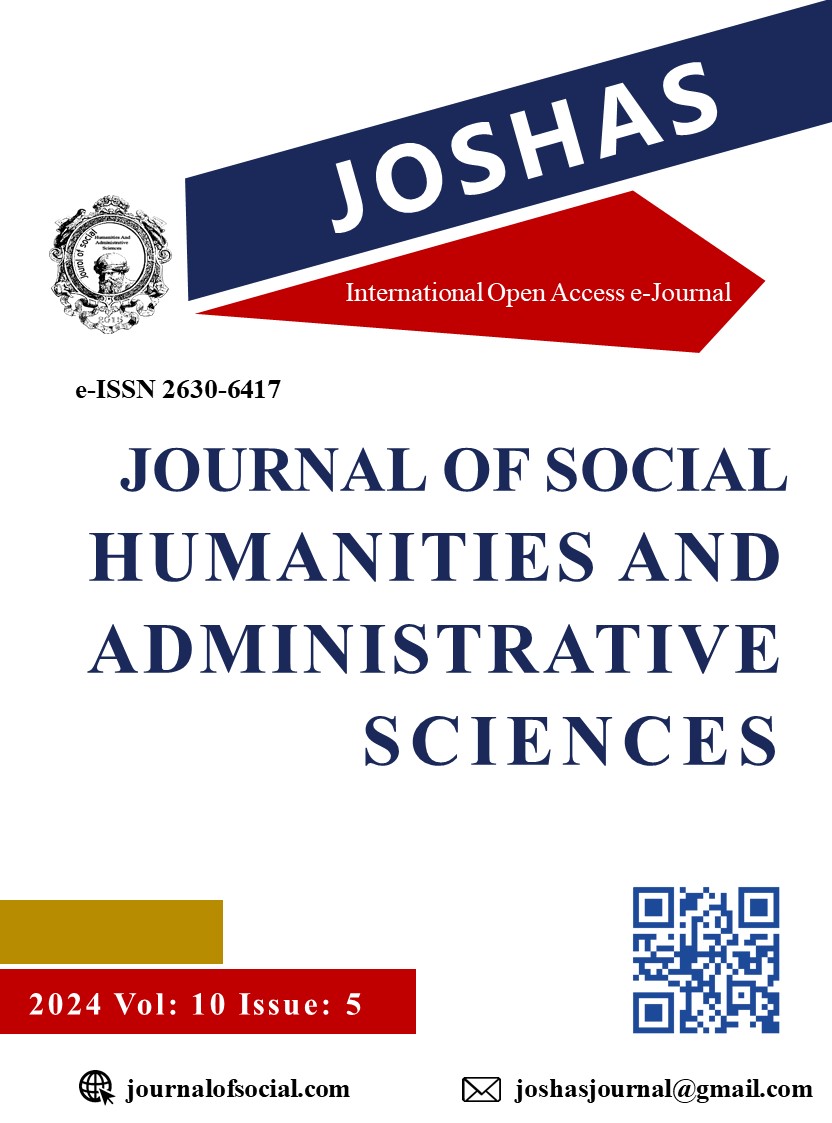Author :
Abstract
Dünyadaki bütün bilim alanları gibi eğitim alanı da yapay zekayla ilgilenmektedir. Teknoloji alanındaki değişimin hızlanması ve eğitim sistemlerinin buna uyumunun desteklenmesi için yeni fırsatlardan biri de yapay zekadır. Yapay zekanın eğitimde kullanılması geleceğe uygun yetenek, beceri, tutum ve değerlere sahip öğrenciler yetiştirmek için kaçınılmaz bir gerçektir. Dolasıyla eğitimin yapay zeka kavramıyla dikkate almaması ve bundan etkilenmemesi mümkün değildir. 1950’li yıllarda başlayan insan-makine etkileşim düşüncesi ve yapay sinir ağları, Turing testi, bulanık mantık, uzman sistemler gibi kavram ve kuramlarla gelişim gösteren yapay zeka, günümüzde makine öğrenmesi, gösterim öğrenme ve derin öğrenme kavramlarını kapsamakta ve büyük veri ile öğrenmeye devam etmektedir. Bu çalışmada yapay zeka tanımlanmış, yapay zekanın öğrenme türleri açıklanmış ve yapay zekanın eğitim sisteminin bugününe ve geleceğine ilişkin doğurguları, olumlu ve olumsuz yönleri ve modelleri verilerek tartışılmıştır. Eğitimci ve araştırmacılara önemli bir güç olan yapay zeka kavramını düşünme, analiz etme ve değerlendirme yapacak çalışmaların yapılması önerilebilir.
Keywords
Abstract
Like all fields of science in the world, the field of education is also interested in artificial intelligence. Artificial intelligence is one of the new opportunities for accelerating technological change and supporting the adaptation of education systems to this changing process. The use of artificial intelligence in education is an inevitable reality in order to support students with the appropriate abilities, skills, attitudes and values for the future. Therefore, it is impossible for education to not consider and be affected by the concept of artificial intelligence. Artificial intelligence, which started in the 1950s with the idea of human-machine interaction and developed with concepts and theories such as artificial neural networks, Turing test, fuzzy logic, expert systems, today includes machine learning, representation learning and deep learning concepts and continues to learn with big data. In this study, artificial intelligence is defined, learning types of artificial intelligence are explained and the implications of artificial intelligence for the present and future of the education system are discussed by giving positive and negative aspects and models. It can be suggested that educators and researchers should conduct studies to think, analyze and evaluate the concept of artificial intelligence, which is an important power.





